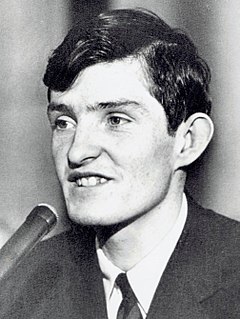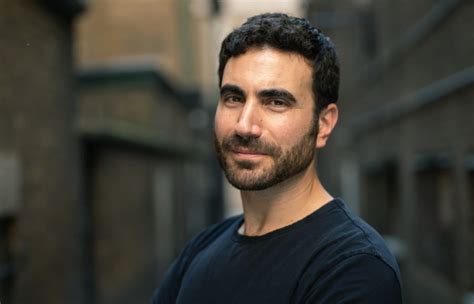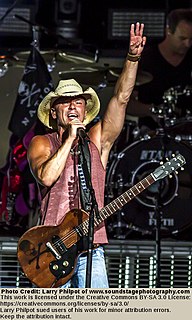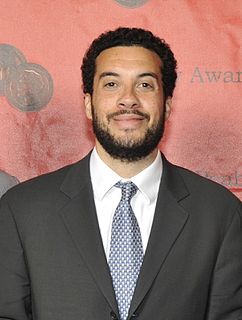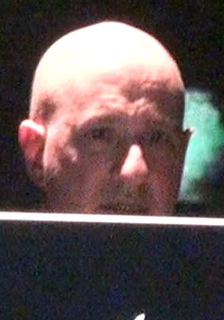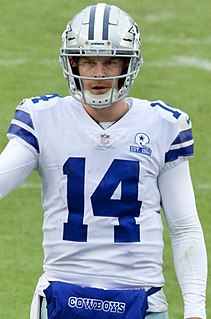A Quote by Eric Thomas
One of the things I know about my family, my generation, and my ethic background is that we put in work and I'm not just talking about just to eat. You have to think about the civil rights movement, they were putting in work; marching, walking miles and miles, sacrificing, getting on the bus, feeding one another, they had schools, voter registration, they were working! They were hard workers so my advice is to work.
Quote Topics
About
Advice
Another
Background
Bus
Civil
Civil Rights
Civil Rights Movement
Eat
Ethic
Family
Feeding
Generation
Getting
Had
Hard
Hard Work
Hard Worker
Just
Know
Marching
Miles
Movement
My Family
My Generation
One Of The Things
Put
Putting
Registration
Rights
Rights Movement
Schools
Talking
Things
Think
Voter
Voter Registration
Walking
Were
Work
Workers
Working
Related Quotes
Those stories weren't being written at all - stories about women's inner lives and outer activism. We've come miles and miles, but we still don't have an equal rights amendment yet. We don't have equal pay yet. There's a lot of blind misogyny that's not personal, but institutionalized. We still have work to do, but even just looking at those old Ms. Magazines is a cool thing to do - to see how daring they were. They just went right into the belly of the beast.
Will Bridges, who is the co-creator with me, when we were working on 'SuperBob,' we were just talking about how we like to write about relationships. And we were talking about what love is. We were in very different stages; he was married and was about to have his first child, and I was kind of dating the wrong people.
I was a young feminist in the '70s. Feminism saved my life. It gave me a life. But I saw how so much of what people were saying was not matching up with what they were doing. For example, we were talking about sister solidarity, and women were putting each other down. We were talking about standing up for our rights, and women weren't leaving abusive relationships with men. There were just so many disconnects.
Work begets work. Just work. If you work, people will find out about you and want to work with you if you're good. So work anywhere you can. That's why I've changed my mind about these theatres where people work for free or have to pay money. I think it's kind of terrible that they feel they have to, but you know what? They're working.
I learned really early on that I had to treat it as if it were a real job. This might be my middle class background - the Irish work ethic, which isn't quite the same as the Protestant work ethic - but still, it's, 'Get a job and show up every day. Be there. And don't complain. Who do you think you are: you're nobody special; go to work.'
I think I was just trying to coast and you can't coast and try and win at the same time, you know? It'll be three years now since those wins, but the last couple of years I've just really been trying to put my miles in, get them up there to 80 miles a week, 90 miles a week and put the work in again.
O.J. Simpson was primarily interested in O.J. His rise to fame in the late '60s coincided with the period where black athletes were more outspoken and political than in any era. You're talking about the generation of black athletes that came about after Jackie Robinson. Athletes after that were just happy to find a place in sports. But when you got to the mid-'60s, you had athletes like Jim Brown and Muhammad Ali, who were very outspoken on the issues of race and civil rights.
I was over at Alison's [McGhee], I think we were playing Scrabble. I remember we were both complaining - yeah, we sound like whiners - about how hard writing is, and how we didn't have a story to work on. Alison said, 'Why don't we work on writing something together,' and I said, 'Eh, I don't know if I could work that way.' She said, 'Well, just show up here and we'll see,' and I said, 'Well, what would it be about?' She said, 'Duh, it'd be about a tall girl and a short girl.' So I agreed to come and try it for a day.
You just have to work really hard and throw everything into it. ... It's really hard to be an artist, and even if you do work really hard, there's no guarantee about anything. There's no advice you can give someone that things will somehow work out, but you can talk to people about how they can make art a big part of their life.
I'm a product of state schools. I had a working-class family. We had no books. I was the first to go to college. But I didn't really think about it, or about making money. I was just going to be an artist, and I've been fortunate. I've never had to work for anybody nor have I had to write for money. Maybe that's another reason that I've been able to be productive. I haven't had to use my writing to make a living.

